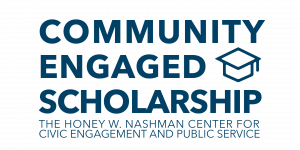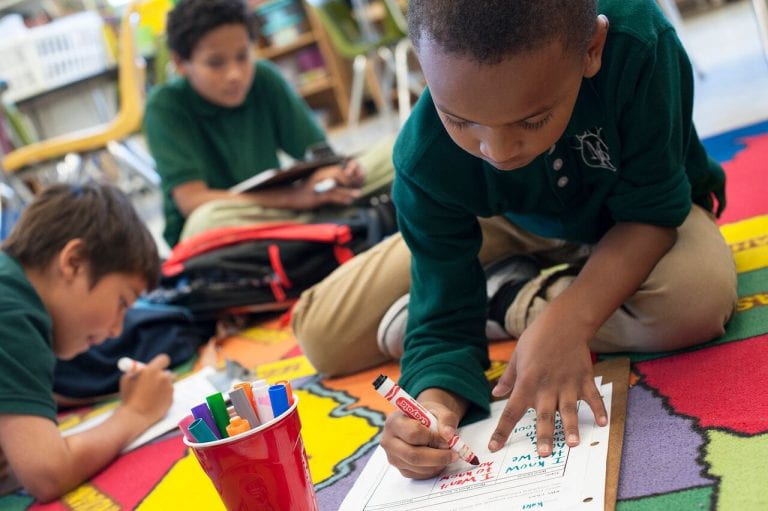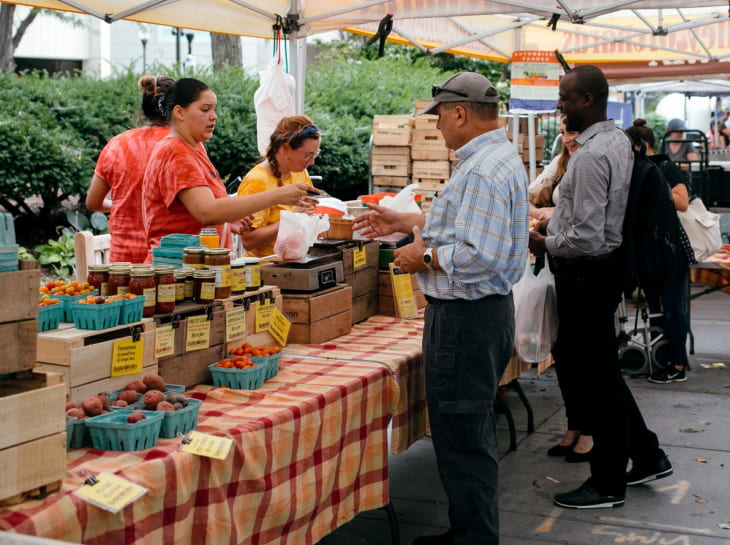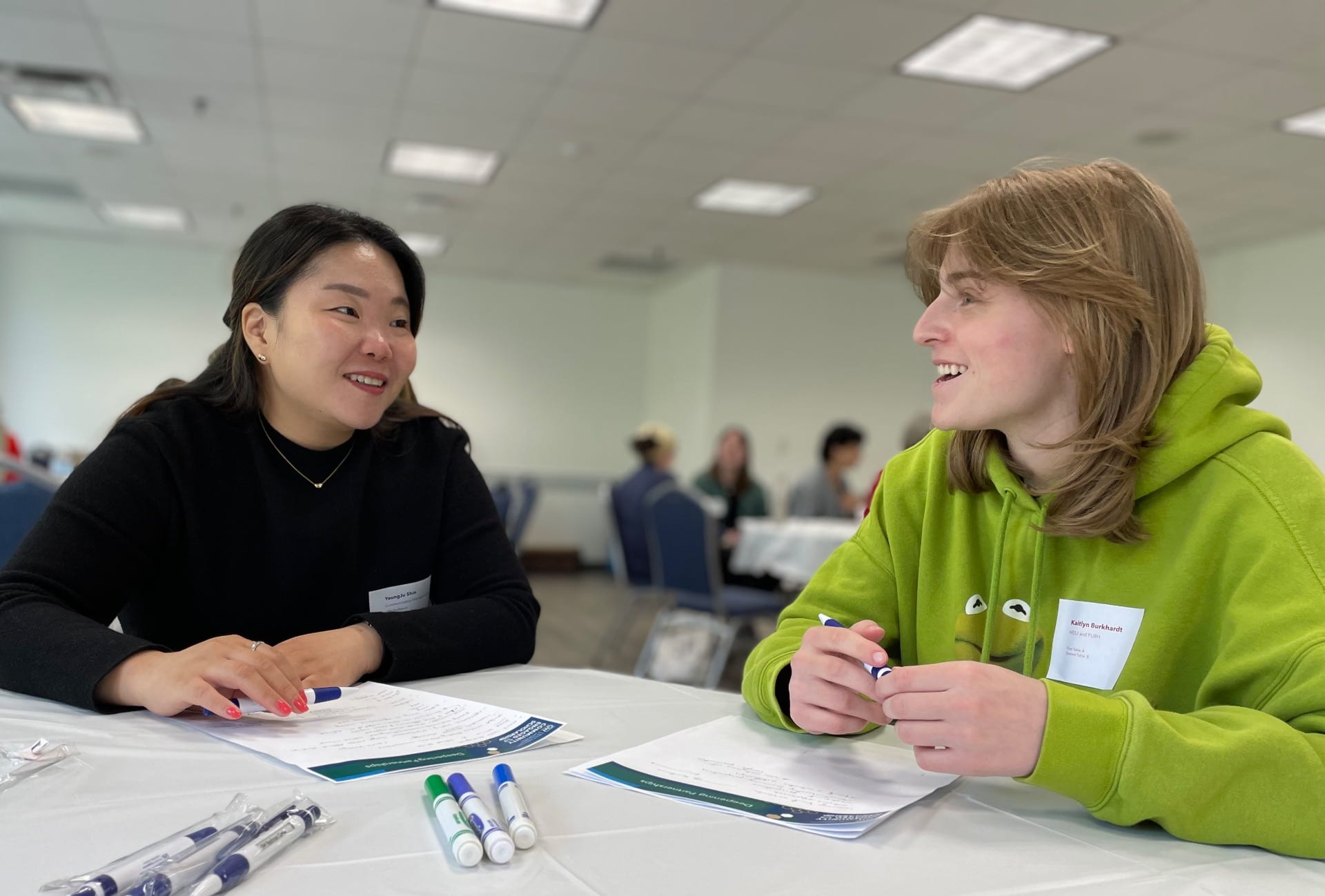 BADM 4001: Business Leader Launch is an experiential learning course by Prof. Wendy Wagner, which provides opportunities for students to leverage their business skills with local nonprofit and public service organizations. Students use marketing and communication skills, data analysis, project management and other business skills to help community partners build capacity and impact.
BADM 4001: Business Leader Launch is an experiential learning course by Prof. Wendy Wagner, which provides opportunities for students to leverage their business skills with local nonprofit and public service organizations. Students use marketing and communication skills, data analysis, project management and other business skills to help community partners build capacity and impact.
Students complete projects designed by the staff of local community-serving organizations like the Foggy Bottom Association, the Foggy Bottom West End Village, Little Friends for Peace, Raising a Village Foundation, Centronia, Age-Friendly DC, and the GW Volunteer Income Tax Assistance Clinic.






